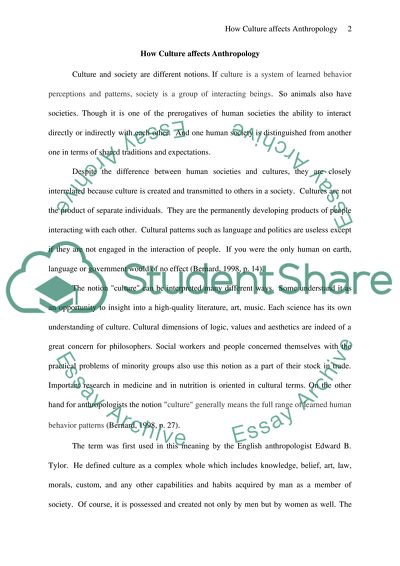Cite this document
(“How Culture affects Anthropology Essay Example | Topics and Well Written Essays - 1750 words”, n.d.)
Retrieved from https://studentshare.org/social-science/1527976-how-culture-affects-anthropology
Retrieved from https://studentshare.org/social-science/1527976-how-culture-affects-anthropology
(How Culture Affects Anthropology Essay Example | Topics and Well Written Essays - 1750 Words)
https://studentshare.org/social-science/1527976-how-culture-affects-anthropology.
https://studentshare.org/social-science/1527976-how-culture-affects-anthropology.
“How Culture Affects Anthropology Essay Example | Topics and Well Written Essays - 1750 Words”, n.d. https://studentshare.org/social-science/1527976-how-culture-affects-anthropology.


